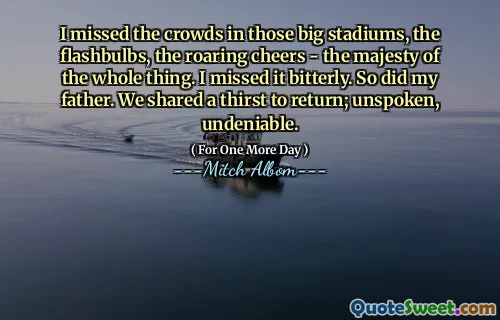Not marble nor the gilded monumentsOf princes, shall outlive this powerful rhyme,But you shall shine more bright in these contentsThan unswept stone, besmeared with sluttish time.When wasteful war shall statues overturnAnd broils roots out the work of masonry,Nor mars his sword nor war's quick fire shall burnThe living record of your memory.'Gainst death and all-oblivious enmityShall you pace forth; your praise shall still find roomEven in the eyes of all posterityThat wear this world out to the ending doom.So, till judgement that yourself arise,You in this, and dwell in lovers eyes.
In this powerful passage, the speaker emphasizes that true poetic expression outlives even the grandest monuments and structures created by human hands. Unlike marble and gilded statues, which may crumble and fade over time, the essence captured in poetry has the ability to endure, highlighting the subject’s beauty and worth in a lasting way. The speaker suggests that while time and war may destroy physical tributes, the memories immortalized in verse remain untarnished.
The poem further asserts that the praises expressed in these lines will continue to resonate throughout history, allowing the subject to shine brightly in the minds of future generations. Even when confronted with death and oblivion, the importance and beauty of the person celebrated will not diminish. Ultimately, the speaker conveys a message of eternal love and remembrance, reinforcing that the subject will always be cherished and remembered in the eyes of those who read these words.


